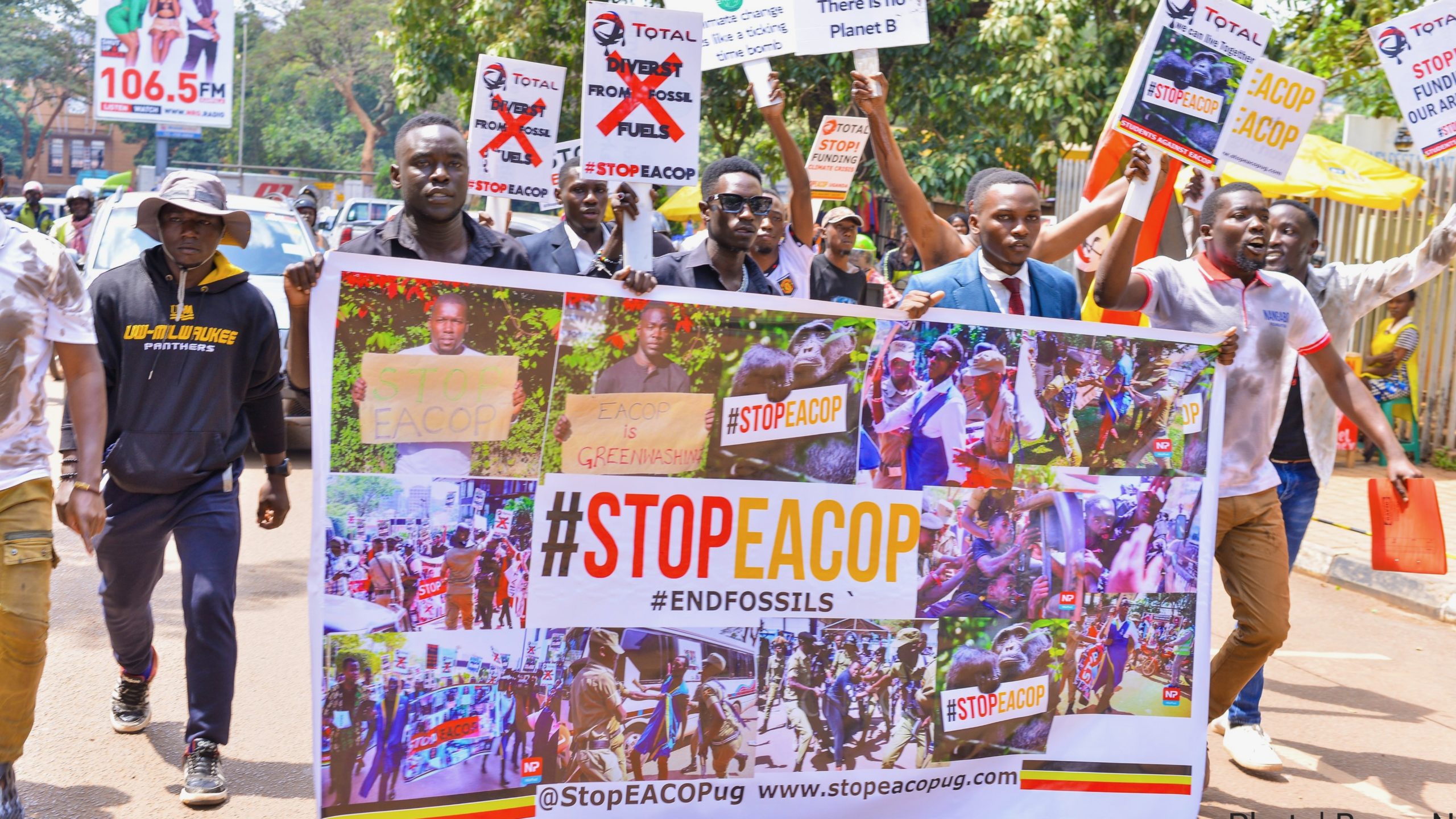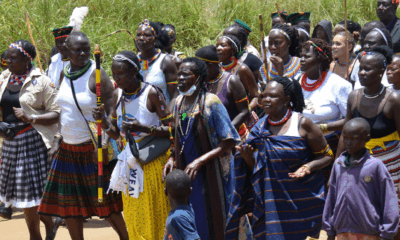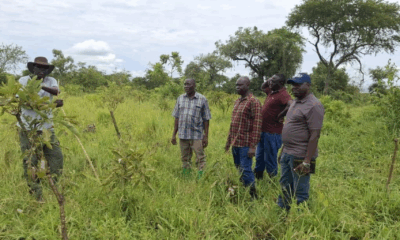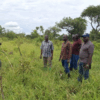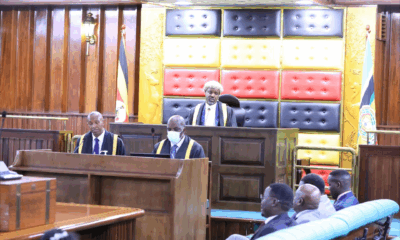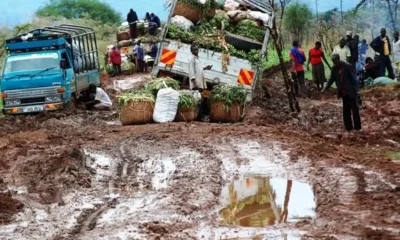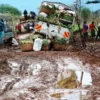Opinions
Ernest Rubondo:Uganda’s Oil Future Remains Uncertain As Race to Hit 2026 First Oil Target Hangs in Balance
Uganda’s long-anticipated ‘first oil’ production target of 2026 appears increasingly precarious, overshadowed by a complex web of environmental concerns, infrastructural deficits, policy ambiguities, and persistent governance challenges.
Uganda’s oil production timeline is solid, and operations are moving according to plan. The activities are going on simultaneously, and the Authority is confident that the oil will be produced optimally and sustainably.
The progress made on the Tilenga project to date is commendable, with over 110 wells drilled, and the benefits and positive impacts of Uganda’s oil and gas projects are evident, with 2026 remaining the first oil target. I’m convinced that “Without any doubt, Uganda is on a steady path towards creating lasting value, as we journey to first oil.”
However, while the nation holds vast crude oil reserves in the Albertine Graben, there are several factors casting doubts on the feasibility of hitting this ambitious deadline, potentially impacting Uganda’s broader economic aspirations.
A primary impediment to the 2026 target stems from significant delays in the construction of the East African Crude Oil Pipeline (EACOP). This ambitious cross-border project, crucial for transporting Uganda’s crude oil to Tanzania’s Tanga port for export, has faced intense scrutiny and opposition due to its potential environmental impact. Concerns range from the displacement of thousands of families and farmers to the degradation of critical water resources, wetlands, and sensitive biodiversity hotspots, including protected areas like Murchison Falls National Park.
International environmental groups and human rights advocates have successfully pressured some Western banks and prospective lenders to withdraw funding, citing the project’s projected 34 million tons of annual carbon emissions and alleged human rights abuses during land acquisition.
While the EACOP company affirms commitments to environmental compliance and fair compensation, reports of uncompensated Project-Affected Persons (PAPs) and delays in payouts continue to fuel opposition, creating legal and social hurdles that slow progress.
Beyond environmental controversies, Uganda’s emerging oil and gas sector grapples with fundamental weaknesses.
The lack of robust supporting infrastructure for large-scale oil production and refining within the country remains a significant hurdle. While the EACOP addresses export, the internal logistics and processing capabilities are still developing.
Besides, the current strategy of costly transportation from the Albertine Graben to Tanzania for refining, instead of developing a significant domestic refining capacity, also impacts the ‘first oil’ profitability and the localisation of value addition.
On March 29, 2025, the Uganda National Oil Company (UNOC), on behalf of the government of Uganda, signed a Memorandum of Understanding with Alpha MBM, a company based in the United Arab Emirates (UAE) to construct a refinery in Uganda, with company holding 60% in shares and the goevernment, 40%. Construction of the refinery is expected to start in late 2025 and take three years to complete, which is likely to further delay the takeoff of Uganda’s oil and gas sector.
Furthermore, critics point to the lack of comprehensive policies governing the trade in oil and gas. This is because ambiguities or gaps in the regulatory framework can deter investment, complicate operations, and create opportunities for mismanagement.
The absence of a clear, strategic plan to handle potential pollution incidents also raises concerns, especially given the environmental sensitivity of the Albertine Graben region.
Deep-seated corruption poses a pervasive threat to the integrity and efficiency of Uganda’s oil and gas sector. Risks are particularly high in areas like project expenditure, procurement, land acquisition, and revenue collection, potentially eroding public trust and diverting much-needed funds.
Adding to the complexity of the matter is the risk of insecurity, which is amplified because 2026 is an election year. Political seasons, especially in Uganda, often bring heightened tensions and instability, characterised by election violence, which can deter foreign investment, disrupt operations, and further delay critical projects.
Crucially, the pursuit of oil also presents a threat to tourism, which is currently Uganda’s biggest foreign exchange earner.
Environmental damage, social disruption, and the perception of a landscape dominated by industrial activity could undermine the pristine image that attracts tourists, potentially creating a ‘resource curse’ where one valuable sector displaces another.
While Uganda possesses significant oil reserves and has a clear ambition for production, these entrenched weaknesses and persistent challenges make hitting the 2026 target for first oil a formidable task.
Addressing environmental and social concerns, strengthening infrastructure and policy frameworks, combating corruption, and managing political risks will be paramount if Uganda is to truly harness its oil wealth without compromising its other vital economic sectors.
Author, Ernest Rubondo, the Executive Director of the Petroleum Authority of Uganda (PAU)
Comments



